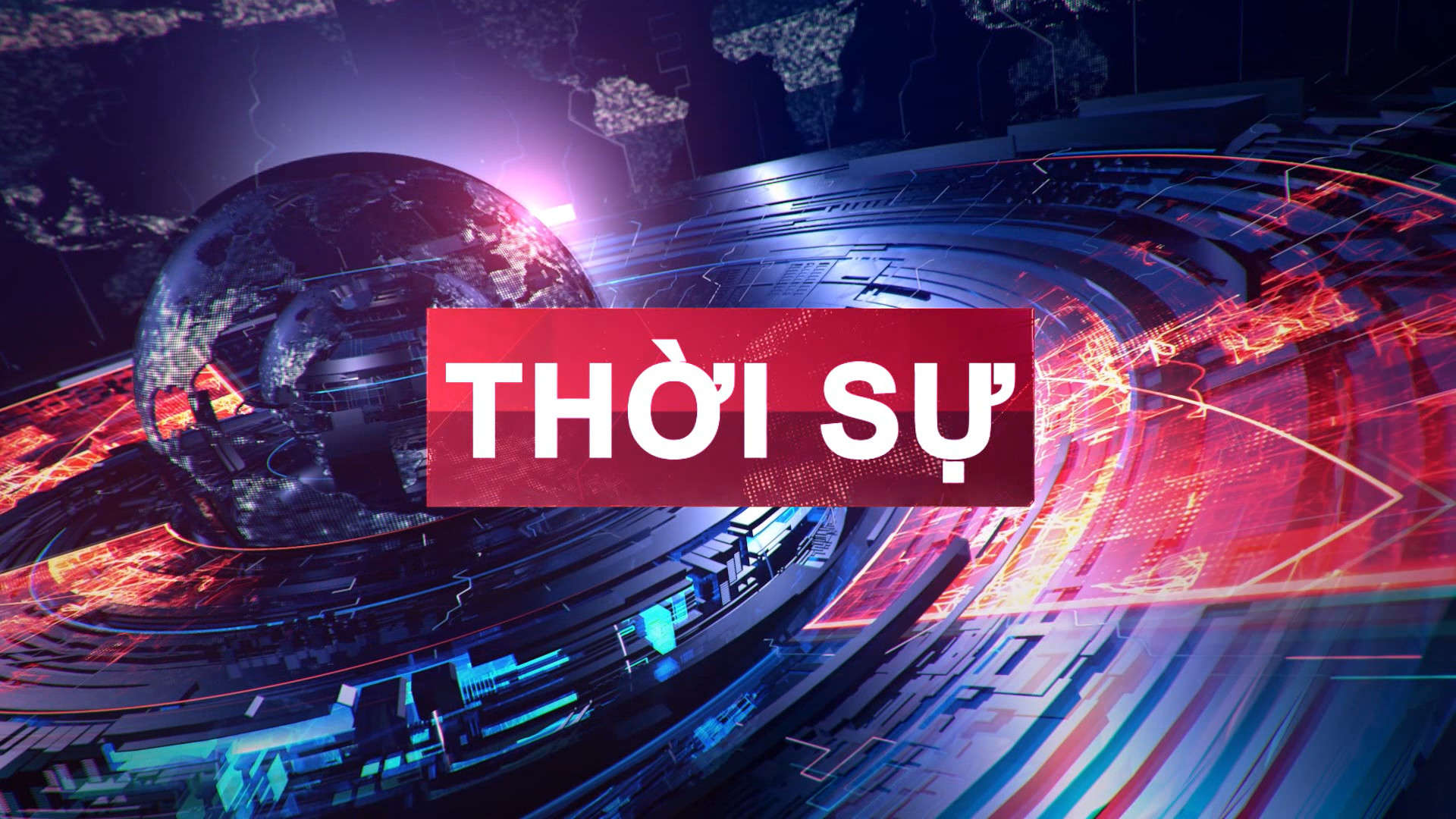Chiến lược AI cho Việt Nam: Cân bằng giữa đổi mới công nghệ và phát triển bền vững
(PLVN) - Đó là góc nhìn của Tiến sĩ Young-Sup Joo, Giáo sư trường Đại học Quốc gia Seoul (Hàn Quốc) khi chia sẻ về chiến lược phát triển trí tuệ nhân tạo (AI) và chuyển đổi số tại Việt Nam tại Hội nghị Quốc tế về Trí tuệ Nhân tạo và Bán dẫn (AISC) 2025 diễn ra vừa qua tại Hà Nội.
 Báo Pháp Luật Việt Nam•14/03/2025
Báo Pháp Luật Việt Nam•14/03/2025
Cú 'quay xe' của nữ sinh duy nhất được tuyển thẳng vào Trường ĐH Y dược TP.HCM

Trí tuệ nhân tạo hoạt động như thế nào?

Tp. Hồ Chí Minh - vóc dáng của một 'siêu đô thị' hiện đại

Loạt sự kiện hứa hẹn sẽ đưa hình ảnh Bình Định vươn xa

Những khoảnh khắc gần gũibình dị của Tổng Bí thư Nguyễn Phú Trọng

Lễ thượng cờ trang trọng kỷ niệm 57 năm Ngày thành lập ASEAN

Giới trẻ đua nhau check-in mùa thu Hà Nội dưới trời 38 độ C

Suối mơ bên rừng thu vắng

Trào lưu biến mỗi mái nhà thành một lá cờ Việt Nam gây sốt mạng

Mùa thu dịu dàng trên vịnh Vân Phong





































Comment (0)